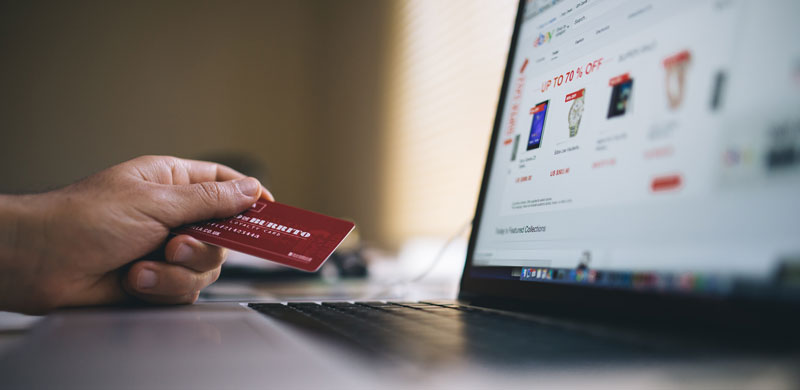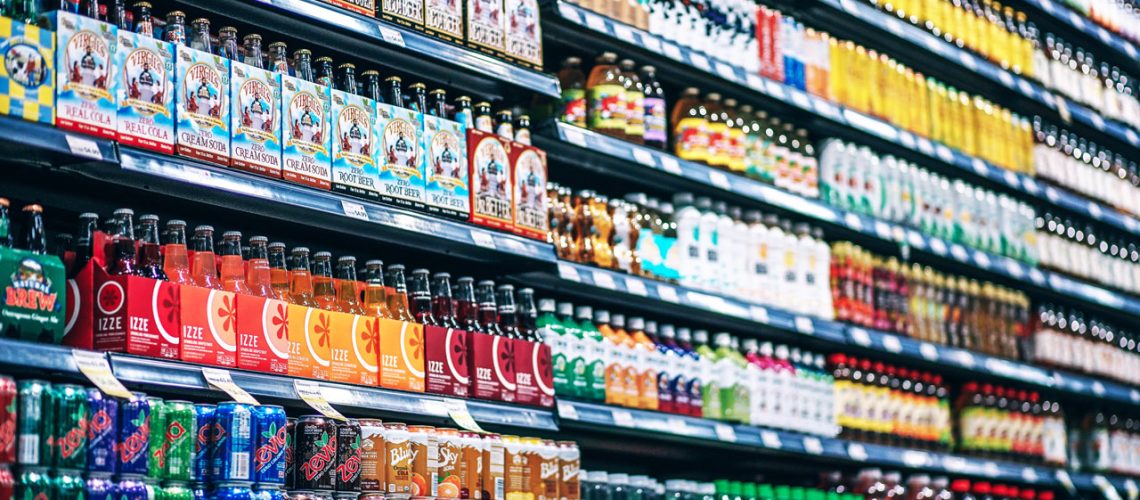In the past, private labels targeted shoppers with low budgets. But today, they outperform well-known branded products 3 to 1.
Where Tide, Lipton, and Crest once ruled, retail store brands now sit atop the chain. Costco has its Kirkland brand, and Walmart has its brand Great Value.
Grocers can benefit from this and increase their earnings by utilizing food private labels. Let’s take a look.
Reasons Why Private Label Foods Offer an Opportunity to Grocers
Grocery store products traditionally have thin profit margins of an average of 1.3 percent. After subtracting costs such as wages, distribution, and additional expenses, grocery stores make mere pennies in profit. For this reason, price competition is ruthless.
Private labels help grocers competitively price their goods so that they can retain more profits. By keeping the manufacturing inexpensive and in-house, they’ve leveraged the knowledge they gained selling well-known brands for decades. Gross profit margins increase 25 to 30 percent on private labels as compared to the brands of manufacturers.
Kroger is an excellent example of success through private labeled products. Their private label brand, Our Brands, made up 29.5 percent of their unit sales as of March 2018. Its Simple Truth organic and natural products increased 19 percent over other years in the 4th quarter of 2017. Their private label products brought in $20 billion compared to $8.13 billion in Campbells Soup and $7.3 billion in J.M. Smucker.
Kroger has invested significantly in its private label manufacturing facilities for years now, and as a result, it has over 40 processing plants. It surpasses even J. M. Smucker’s, Campbells Soup’s and even the giant Kraft Food’s in-house processing capabilities.
What Factors to Consider When Deciding What Products to Private Label
Private label food sales in the U.S. rose 3 times faster than international manufacturer foods in 2017. Today’s shopper doesn’t just look for a great value; they have high taste, ethical, and environmental standards. These product requirements increase competition between manufacturer brands and private label products.
American consumers’ dependence on established, national brands is beginning to wane. They are looking for products with fewer unhealthy ingredients. Private label foods aren’t just for the budget conscious people. Private label products have extended to specialty and premium products as well. Prepared foods and other products such as salsa and granola also make great private label foods.
It’s important to factor in the cost of excellent quality ingredients that provide the most value to consumers. Also, certain products such as bottled water, alcohol, and other private label beverages are seeing an explosion in growth. Their price elasticity allows grocers to minimize cost while maximizing profits.

Utilizing customer purchase data to make their decisions on private labeling products has helped Kroger gain their current standing in the grocery industry. They share their 84.51° analytics platform with brand partners for promotions and coupons. Kroger’s 300 CPG customers can assess the platform to participate in marketing campaigns that the grocery store runs.
Grocers can also focus on creating and sourcing products that consumers don’t readily recognize as theirs as Kroger does. Their analytics platform has helped with this particular strategy as well.
To meet the demands of customers, you must source quality ingredients for your products. Enlisting the help of companies such as Linbro is an excellent choice since they help their customers find organic and sustainable ingredients for private label foods. Linbro expertly navigates the sourcing process and inspects the farms and companies they source their products from regularly to ensure they are the highest-quality.
Companies such as Linbro can help identify manufacturing partners that are low cost and high quality since you don’t want to pinch pennies when it comes to quality. There are thousands of manufacturers out there and picking out the best ones for your products can be daunting.
Study competing brands to price your private label. This strategy will help you see if you can establish that food product as a premium brand and invest significant money. Only careful research can help you decide if a particular product would make a profit as a private label premium food product. It can also help you determine whether a food should be a private label value product so that you can price it below the national brands.
The Takeaway
Grocers can make excellent profits with private label brands. Stores that offer a “good/better/best” line of products provide almost every consumer with the products that they are looking for and increase your profits. Even international chains such as Walmart have introduced their own private label food brands with great success.
Private label brands offer quality food and an excellent price. The competition to provide the best product for the lowest price is high, but the profits make it well worth it to join in the game.

